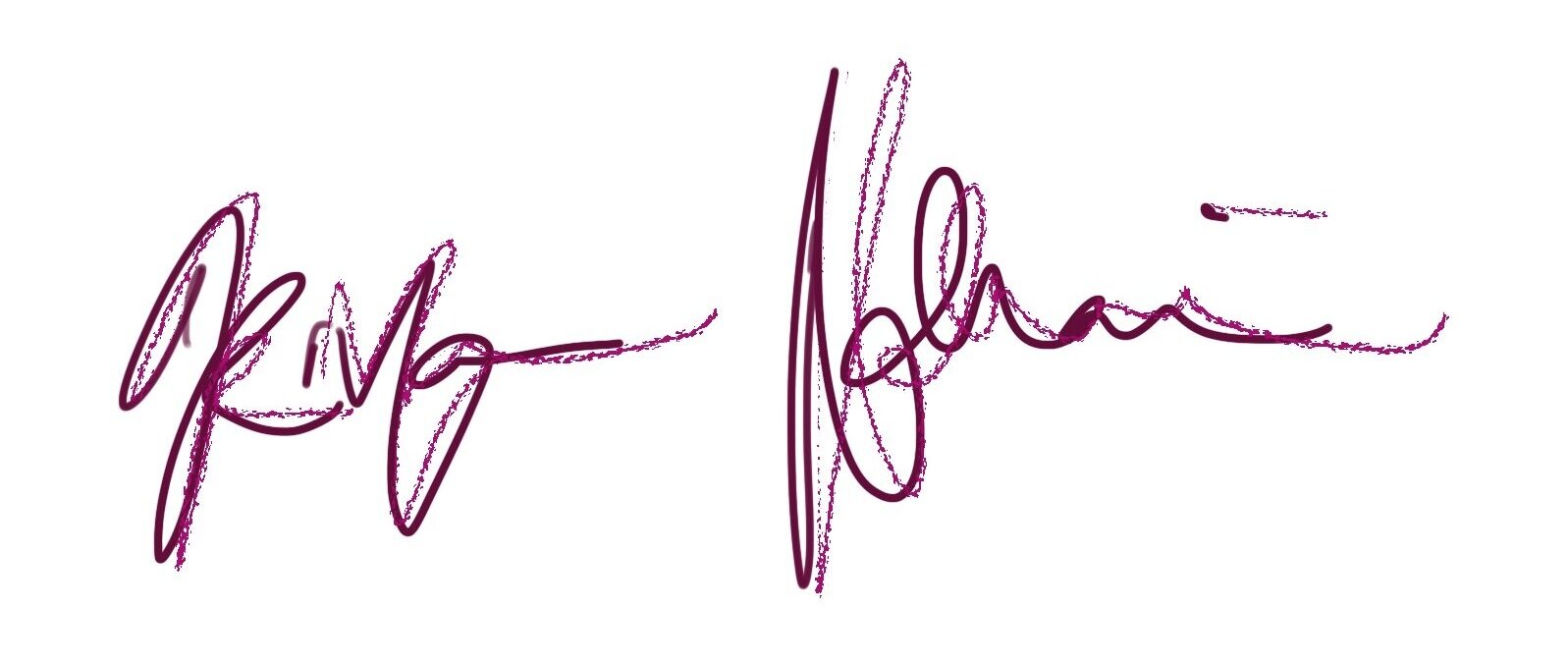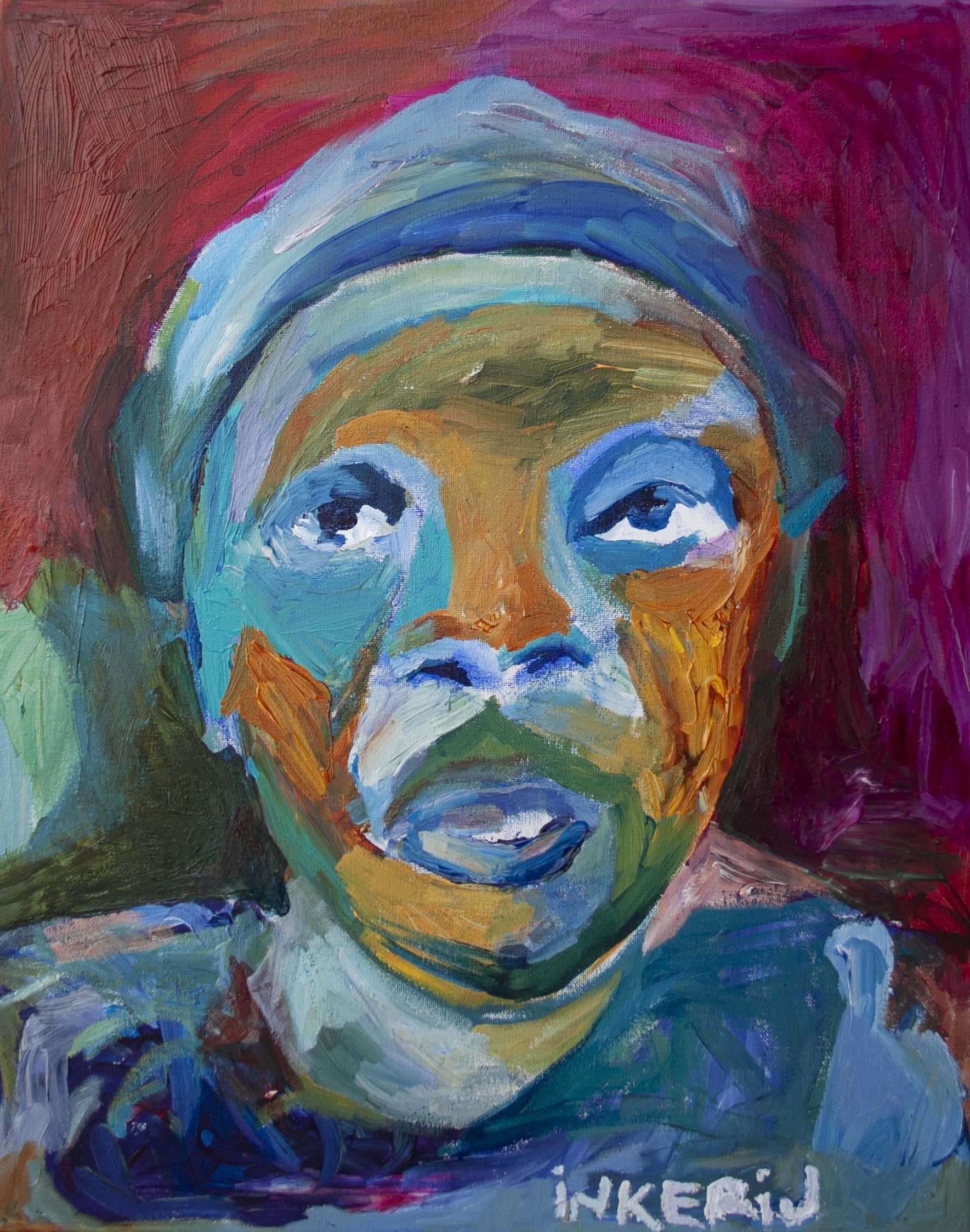Umar, Islam
On Representation
“I prefer the term ‘African Moor’ to Black,” Umar explains as we sit down. “It’s about identity. Islam reflects my culture and origin over the European Christianity construct, I felt like it reflected who I was, my roots.”
Umar changed his name when he converted. We reflect on my own dual identities, with my legal English name of Marcy and my Hebrew one of Rivka. He wants to know how I live with these two “moving parts” of my life.
With a Masters in Ethical Leadership from Claremont Lincoln and a fellowship in social entrepreneurship from Cambridge , Umar has spent the last 20 years helping people and organizations create social change. He designed a retreat for African American and Latino men recently released from prison and organized one of the largest collaborative events in Los Angeles to raise money and resources for the homeless on Skid Row.
Umar grew up in Compton. He reflects on the joy of visiting family in Brooklyn and wearing the color red there without fear.
“Is this neighborhood cool?” he asks suddenly, motioning to the world outside my home where we’re painting. “Like, is it cool for an African American man to be sitting in his car?”
I hadn't thought to consider that when I told him to wait in his car for me before I got home.
As we finish and he’s about to leave, Umar has time to slip in one more bit of wisdom:
“In Islam,” he says, “there’s a saying. If you can’t do it with your hands, do it with your speech. If you can’t do it with your speech, do it with your heart. The heart is the lowest level. You,” Umar says to me, “with your art, are doing things with your hands. You’re giving at the highest level.”
He turns to leave and says graciously, “Thank you for your time.”
Ask if I was doing him a favor. He leaves me feeling good.

